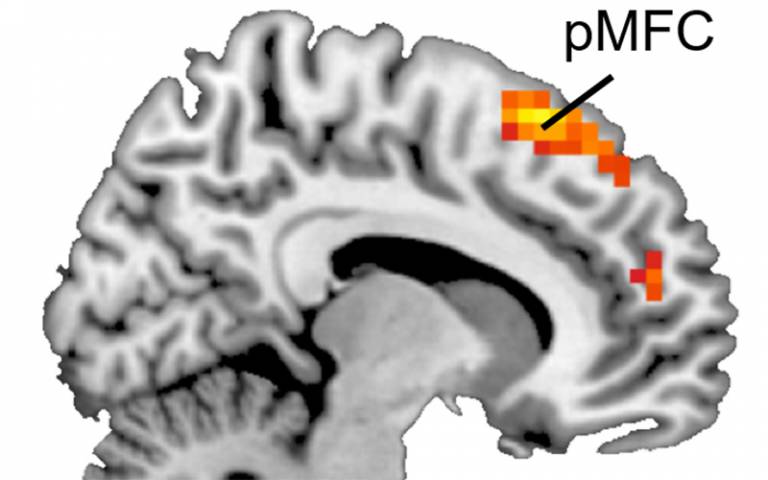Tamara Pupic
entrepreneur.com
Originally posted 30 Dec 19
In the business world, detecting, preventing, and remedying compliance issues, or a lack thereof, has evolved from academic research, investigative reporting, and businesses applying best practice initiatives, often clumsily, into a niche sector - regtech, a new sector for ‘treps to develop innovative technologies to address challenges involving regulations.
It is considered the most promising part of the global enterprise governance, risk, and compliance (EGRC) market, whose size has grown rapidly, from US$27.8 billion in 2018 to an expected $64.2 billion by 2025, according to a report by Grand View Research. In the MENA region, transparency and ethical compliance have been at the forefront of shareholder and board of directors’ discussions, especially since non-compliance cases at leading firms have started making headlines just about every other week.
(cut)
According to the leadership team, Alethia solves several of the main current challenges in compliance. Firstly, it addresses the lack of anonymity in traditional compliance hotlines and emails “People are naturally skeptical when it comes to technology and personal data,” Roets says. “We instill confidence by requiring no personal information when downloading the app, and we don’t track IP addresses. All interactions are protected with SSL encryption using digitally signed tokens to ensure 100% anonymity for the whistleblower to safeguard against any form of retaliation.” Secondly, the app urges organizations to try different reporting channels. “Most still rely on outdated anonymous telephone hotlines, but in a digital world, when we think about workforce demographics, GDPR compliance, cost implications, and the overall decline in telephone usage, hotlines are no longer best practice,” Roets says. “Other channels include intranet solutions, cumbersome online forms, or personal interactions with HR or ombudsmen. Unfortunately, these offer little by way of a follow-up feature, call handlers’ subjectivity can impact the quality of reports, and most importantly, they all present a real or perceived threat of compromising the reporter’s identity.”
The info is here.
 Sam Shead
Sam Shead






